Ten Reasons why the Society of Homeopaths Should not Receive PSA Accreditation
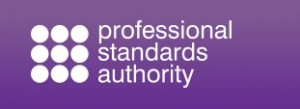 The Society of Homeopaths are applying to become accredited as a voluntary professional register with the Professional Standards Authority. Should the PSA approve their application, it will mean that the PSA, rather than ensuring standards in health care, has become a direct threat to public health.
The Society of Homeopaths are applying to become accredited as a voluntary professional register with the Professional Standards Authority. Should the PSA approve their application, it will mean that the PSA, rather than ensuring standards in health care, has become a direct threat to public health.
The PSA are calling for feedback by the 17th of January on the Society of Homeopaths before they approve them. Perhaps you might want to let them know what you think about their fitness against the stated standards.
Here are the top ten reasons why the PSA should reject their application.
1. Homeopaths are not healthcare professionals.
Members of the Society of Homeopaths have no knowledge, training or practices that can diagnose or successfully treat illness. Their members are almost exclusively ‘lay’ homeopaths – medically untrained individuals. Homeopathy is based on the 200 year old pre-scientific and magical ideas of Samual Hahnemann. Homeopaths study his works as if they were religious texts and follow his rituals and beliefs despite their utter implausibility and detachment from reality. Homeopathy is a pseudo-medical cultish belief system, a simulacrum of medical care, and crucially missing the essential ability to be able to make specific positive health improvements in their customers. Whilst homeopaths may have the intention to act as health providers, their beliefs make them systematically incompetent and a threat to the well-being of those they practice on. At best homeopathy is a lifestyle choice for some, not a healthcare profession.
Accrediting homeopaths would be like letting air guitarists join the Musicians’ Union.
2. Homeopathic remedies are not medicine.
Homeopaths administer sugar pills or drops of water/alcohol that are devoid of any active ingredient. All remedies are identical but simply labeled differently. Patients are told that the remedies are specific to their needs. This is indistinguishable from fraud. The remedies are made by a ritual involving sympathetic magic where tinctures of herbs, minerals, and other absurd items are diluted to extreme levels, Many homeopaths manufacture their pills in absurd electrical devices. The public perceive homeopathic remedies as being ‘natural’ and herb based and homeopaths do little to correct this. It is a simple deception and fraud on the public.
3. Homeopaths prescribe their remedies illegally
Despite homeopathic remedies being simple sugar pills, the medicines regulator see fit to regulate them as if they were medicines. Only a handful of remedies from a few suppliers have the appropriate registrations. Most remedies, prescribed by homeopaths, will be done in contravention of the medicines regulations. The business model of homeopathy in the UK is illegal. The Society of Homeopaths lobbied for a law change but were unsuccessful. Nonetheless, they proclaimed victory by interpreting the MHRA response to mean that homeopaths will not be prosecuted for breaking the law. The Societies Code of Ethics is clear that members should abide by the law. The Society are not doing anything about this mass breach of their own code or to ensure that their members only supply pills within the law.
4. Homeopaths are not trained in any meaningful way.
There is no accepted definition of what constitutes homeopathy. There is no agreement on standards on how to practice. There are deep divisions within the community about fundamental issues such as whether only one remedy or many can be prescribed, about esoteric practices and production methods and about the extent and scope of practice. There are no longer any accredited courses in the UK. Training is simply a matter of initiating people into the cult of homeopathic practices. No homeopaths are taught how to practice ethically within the constraints of what the evidence base says about the effectiveness of their treatment. As such, homeopaths do not gain knowledge through training but are inculcated in myth, delusion and ways of ignoring external criticism. They have no understanding of the risks associated with prescribing inert pills whilst believing they are effective. As such, homeopaths are systematically incompetent and pose a direct risk to public health.
5. Homeopaths practice dangerously
Homeopathy is not complementary as they often describe themselves. Homeopaths see them as possessing the one true method of understanding health and healing. Homeopathy is founded on its strict opposition to what it calls Allopathy – or real medicine. A such, homeopaths see no boundaries of scope and see their practice as universal. This leads them to treating everything from mild headaches to dangerous and serious conditions such as cancer, AIDS, TB, autism, asthma and even meningitis. Homeopaths have no understanding of the risks associated with telling people homeopathy can treat such dangerous conditions.
6. Homeopaths routinely do not abide by their code of conduct
The Code of Conduct is clear on a number of important issues. For example, that homeopaths should not make claims to treat named conditions and to abide by Advertising Standards rules. These rules have been widely flouted both at individual member level and by the Society itself. A few years ago, I tested this by picking a random member who advertised asthma services and who claimed to treat HIV in Africa. The Society’s response was not to investigate properly but to threaten my web hosts and myself with legal action. The Society cleared this homeopath and others of any wrong doing, even though their actions would threaten people’s lives.
When the BBC investigated their members for making seriously dangerous recommendations about malaria prevention, the Society issued very misleading press releases about what they had done to investigate the issue. No member was ever sanctioned for very clear breaches of their code of conduct and they squirmed in their denials on TV. Years later, members were still involved in offering similar advice despite the Society’s supposed “shock” that this was happening. The BBC investigated Neals Yard Remedies for giving dangerous advice. ‘Medicines’ Director and Society of Homeopaths member, Susan Curtis stormed out of a BBC interview after serious allegations were put to her and subsequently made misleading statements about the nature of the remedies offered. BBC Newsnight had to revisit the issue as it was clear the Society had done nothing to clear up their members’ practices.
7. Homeopaths routinely make unsubstantiated health claims and systematically breach Advertising Regulations.
The ASA have received more complaints about homeopaths in the last few years than any other similar group. These complaints have not just been about individual members of the Society but about the Society of Homeopaths themselves. In the most recent ruling, the ASA specifically decided to investigate how the Society of Homeopaths advertised as “an industry body, the Society of Homeopaths had access to the relevant evidence, and we therefore considered the case was suitable to establish our lead position on claims for homeopathy.”
The ASA found all three issues investigated about claims made by the Society were misleading, unsubstantiated and likely to discourage essential treatment. (See Daily Mail Article, Homeopaths are putting patients at risk by discouraging them from seeking medical treatment, watchdog claims”)
Despite the Society issuing statements about how to comply with the CAP code, it appears unable to do so itself. Members of the Society have held protests outside the ASA offices. And despite reassurances that the Society will change the way it advertises, large projects it is involved with, such as the high profile celebrity Find A Homeopath website are still in breach of their own code and the ASA guidelines with the inclusion of patient testimonials for named conditions.
8. Homeopaths undermine public health messages and risk childrens lives.
The most serious way in which homeopaths undermine public health messages and risk children is through their entrenched opposition to immunisation. The Society’s bland statements about ‘patient choice’ are mere fig leaves over a criminal lack of regard by their members for the advantages of immunisation against serious diseases like measles. Indeed, it was one of the Society of Homeopaths directors who, together with Andrew Wakefield, came up with the scheme to use legal aid money to convince the world that the MMR vaccine was dangerous. The result is now well known. The research was found to be fraudulent, Wakefield was struck off and MMR has been exonerated. The director of the Society has since been threatening to sue authors who discuss his role in this affair that threatened the lives of many children.
In Steiner Schools, now publicly funded as Free Schools, the in-school doctors practice homeopathy on the children. Measles outbreaks are common in Steiner Schools and the Health Protection Agency views Steiner Schools as “High Risk” and as “unvaccinated communities”. As such, they pose direct risks to the children within them and to the surrounding community.
9. Homeopaths Kill
We have seen how homeopaths believe they can treat all sorts of dangerous diseases. Nothing is more shocking than how members of the Society of Homeopaths claim they can treat cancer. As Professor Edzard Ernst points out on his blog, Neil Spence RSHom makes many ‘far reaching’ claims about his ability to treat people with cancer. Not only is this against the Code of Conduct of the Society of Homeopaths but is also almost certainly in breach of the Cancer Act 1939. As Ernst concludes, “The thought that some cancer patients might be following such recommendations is most disturbing.” And I would add that the thought that the PSA will be rubber stamping such practitioners is even more disturbing.
10. Voluntary regulation of homeopaths is incapable of protecting the public. It just aggrandizes quacks.
Voluntary regulation is just that. Homeopaths can choose whether or not they wish to have the regulator’s sticker in their window. Should any complaint be received against them, they can simply remove the sticker and carry on as if nothing has happened. The advantages of being regulated are simply to give the impression that there is some sort of State sanction or recognition of what they do. This imprimatur is mere advertising and is a component of the deception that they pull on the public. As such, the PSA will be by accrediting the Society of Homeopaths be a central part of undermining the public understanding of good health practice, evidence and scientific medicine. People will be harmed and will die as a result.
In conclusion, health regulation in this country should be about protecting the public from the untrained, the unscrupulous, the incompetent and the fraudulent. It should not be about promoting 19th Century forms of quackery and helping those who practice pseudo-medicine to make a living. If the PSA were to accredit the Society of Homeopaths it will be doing just that. Instead of protecting the public it will become part of the threat to the public from pseudomedical treatments.
I suspect though that the Society will get its way. Recently, in the House of Lords, aquesiton was asked about “whether they intend to appoint a scientist to the Professional Standards Authority”. The response from Earl Howe was frightening,
My Lords, the Government have no plans to change the membership of the council of the Professional Standards Authority. The authority is required under the Health and Social Care Act 2012 to set standards for organisations holding voluntary registers for health and social care occupations, and accredits those which meet these standards. It is not required to make a judgment on the beliefs and practices of individuals registered with the organisations that it accredits.
Let that sink in. The regulator has no obligation to consider the beliefs and practices of those it wishes to regulate.
Even more shocking perhaps was the response of Baroness Pitkeathley, who just happens to be the Chair of the PSA.
Does the Minister agree that as by next March more than 75 occupations and 100,000 practitioners will be covered by the accredited voluntary register scheme, the public are much better informed and better protected than they have ever been?
It is not clear how Pitkeathley thinks that the public are going to be better informed and protected by her rubber stamping the most egregious form of quackery that we have to put up with.
To remind you, if you wish to make your views known about this issue, then you have until the 17th of January to send a submission to the PSA about the suitability of the Society for accreditation.

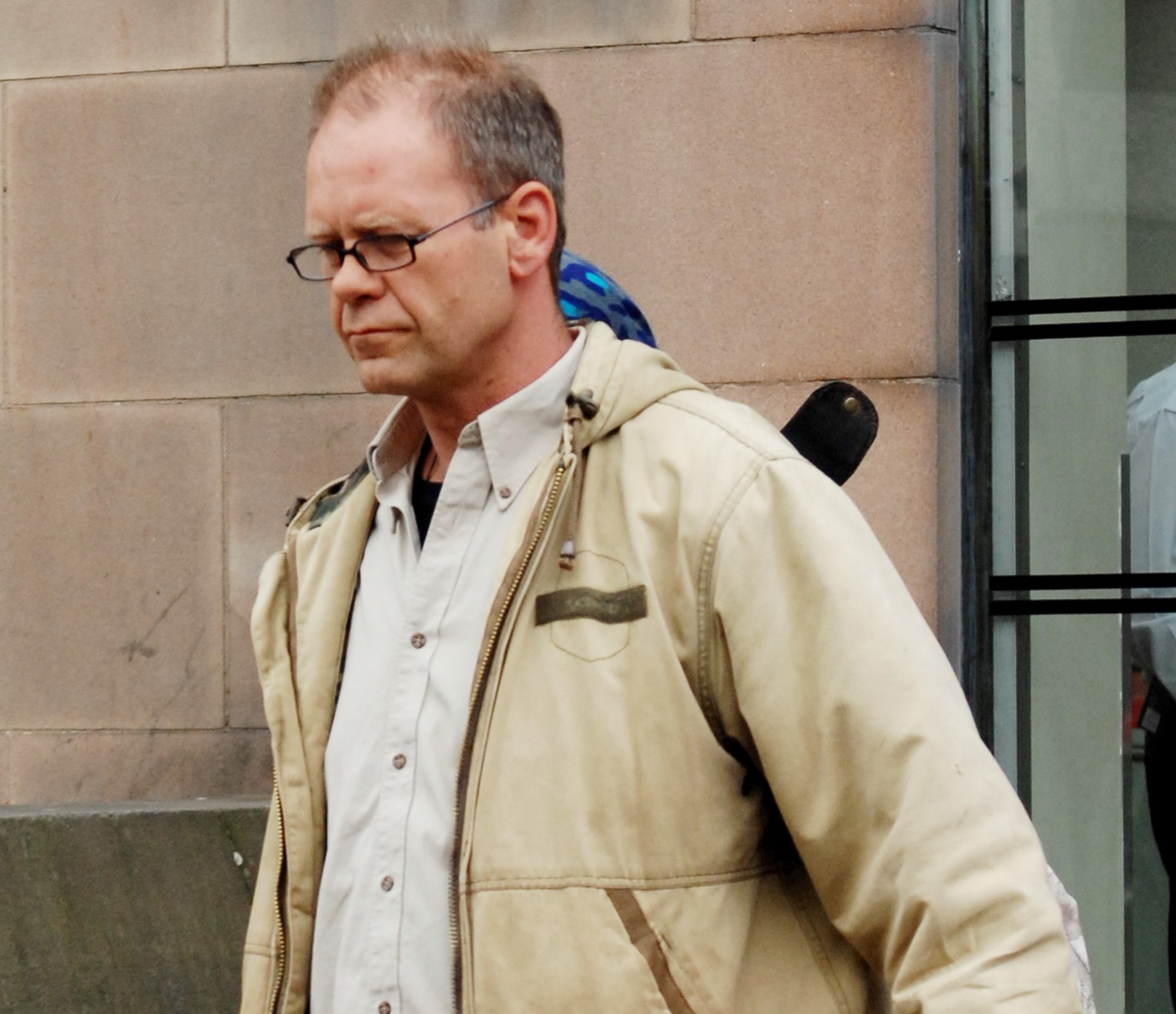
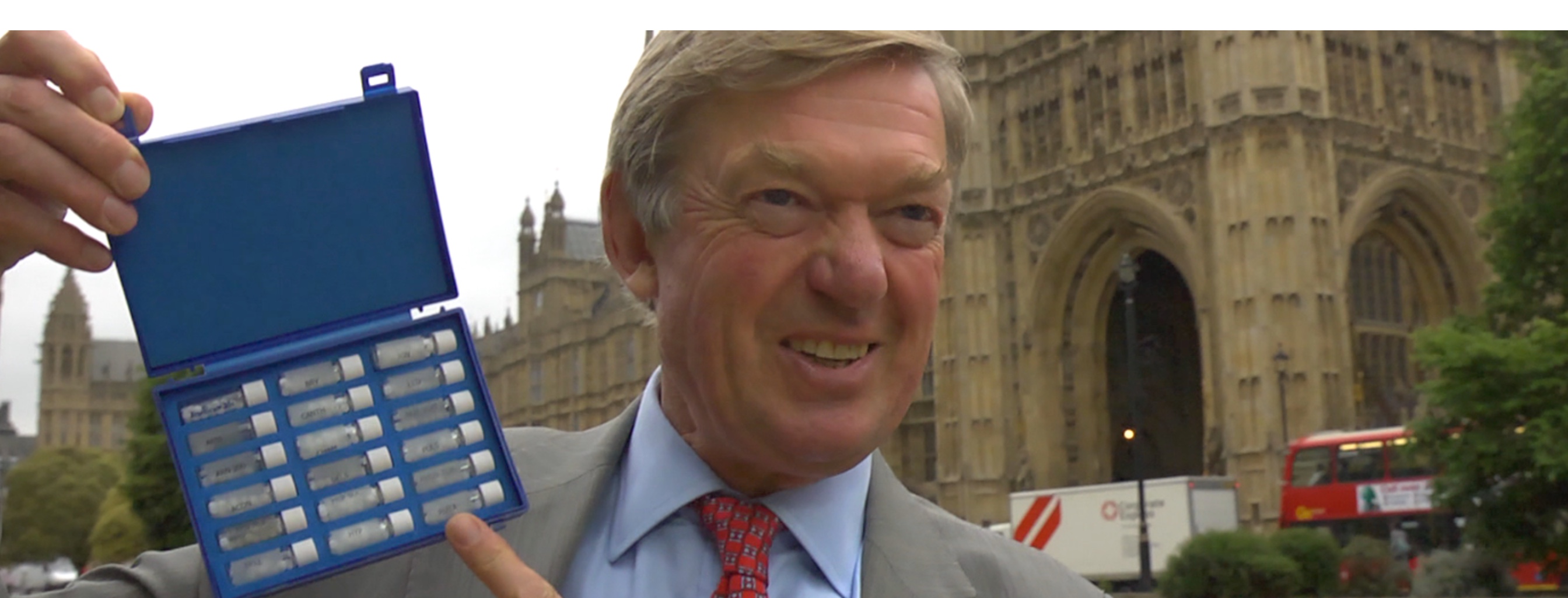
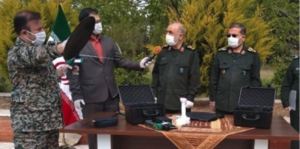
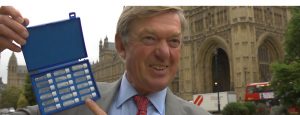
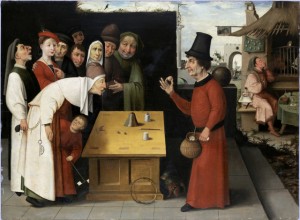


101 comments